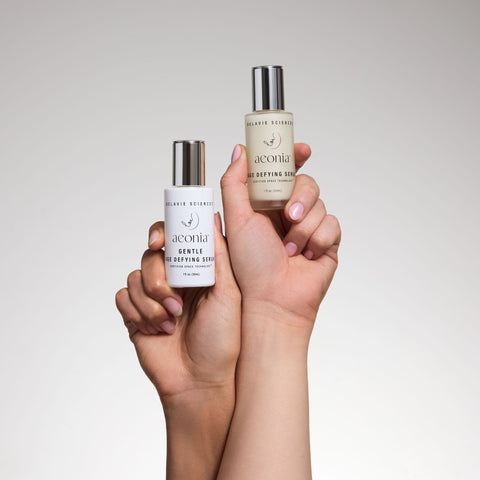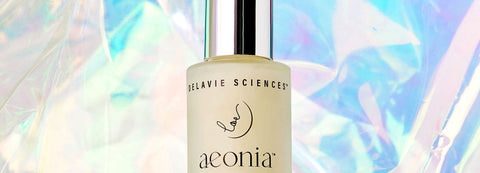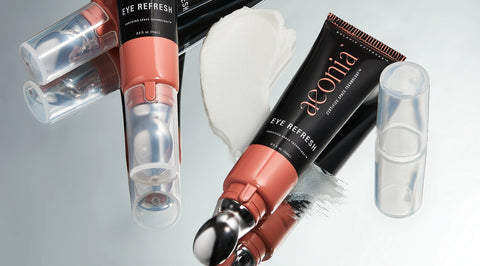WHAT DOES CRUELTY-FREE MEAN?
Over the past few decades, the idea of shopping ‘cruelty-free’ products has become increasingly popular. For a product to be deemed cruelty-free, it means that from the start of production through the end, it was created without harming any animal. Animal testing in the realm of cosmetics and skincare has been deemed unethical by the general population, due to safety tests being performed on live, conscious animals. This has been either banned or limited in 42 countries and outlawed in 10 U.S. states. Unfortunately, however, there are different loopholes that allow falsely advertised “cruelty-free” products to hit the market because there is no lawful definition of the term. For example, the final product could have not been tested on animals, but the ingredients were.
In recent developments, researchers have discovered that animal testing is not as beneficial as once thought. Former U.S. National Institutes of Health Director Dr. Elias Zerhouni stated, “…The problem is that [animal testing] hasn’t worked, and it’s time we stopped dancing around the problem.” There are ample alternative options available to animal testing when performing cosmetic product testing, such as in vitro studies, in vivo studies, clinical trials, and more.

Testing at Delavie Sciences
At Delavie, we pride ourselves on being recognized by PETA and Leaping Bunny for abstaining from testing our products on animals and purchasing ingredients from suppliers who test on animals. We use our extensive scientific knowledge to perform studies and conduct tests to ensure our products are safe and efficacious for the consumer—without testing on animals.
For example, the Age Defying Serum from our Aeonia collection underwent numerous tests before launching to substantiate claims, such as reducing hyperpigmentation. Tests performed to demonstrate this feature of the serum include:
- Tyrosinase Inhibition Assay. This assay was performed using tyrosinase (melanin-producing enzyme) extracted from the mushroom species Agaricus bisporus to measure the activity of this enzyme once it has interacted with the Age Defying Serum.
- MelanoDerm Tissue Culture Study. This study was completed to record the changes in pigmentation of an in vitro tissue model of the epidermis (outermost layer of skin), produced by the Age Defying Serum.
Testing does not stop there, though. We conduct extensive clinical trials on human subjects to determine the efficacy of our products and receive authentic user feedback firsthand. More specifically, our clinical trials run for 28 days with at least 30 subjects, ranging in ages and skin types.
Another non-animal testing study performed is for potential irritation of the product via human repeat insult patch test (HRIPT). Roughly 60 subjects enroll in this study in which the product is repeatedly dispensed onto a designated section of subjects’ skin and is monitored for adverse reactions in the weeks following.
Another type of test we conduct on each product is the EpiOcular Eye Irritation Test, performed on human eye tissues to simulate the irritation the product can potentially produce in the eye area. This test is used as a substitute to the Draize Rabbit Eye Test, a highly unethical test performed on rabbits.
Here at Delavie Sciences, we are proud to say that we are cruelty-free and that our products undergo rigorous tests substantiating claims and safety. Click here to learn more about our clinical trial and research studies results.

References:
“What does cruelty-free really mean?” ethique
“Cosmetics animal testing FAQ,” The Humane Society of The United States
“Alternatives to Animal Testing,” PETA



